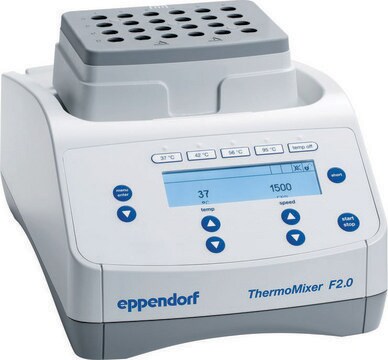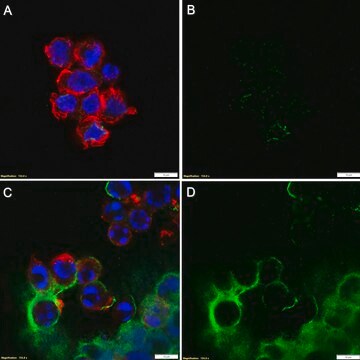LM1600
Avanti
13:0 Lyso LPC
Avanti Research™ - A Croda Brand
Sinónimos:
1-tridecanoyl-sn-glycero-3-phosphocholine
About This Item
Productos recomendados
form
methanol solution
packaging
pkg of 1 × 1 mL (LM1600-1EA)
manufacturer/tradename
Avanti Research™ - A Croda Brand
concentration
~10 μg/mL (Refer to C of A for lot specific concentration. )
application(s)
lipidomics
metabolomics
shipped in
dry ice
storage temp.
−20°C
SMILES string
O[C@](COP(O)(OCC[N+](C)(C)C)=O)([H])COC(CCCCCCCCCCCC)=O
Categorías relacionadas
General description
Application
- lipid extraction from brain tissues
- lipid extraction from macrophages using modified Bligh and Dyer protocol
- liquid chromatography/MS analyses of lysophospholipids
Biochem/physiol Actions
Packaging
Legal Information
also commonly purchased with this product
signalword
Danger
Hazard Classifications
Acute Tox. 3 Dermal - Acute Tox. 3 Inhalation - Acute Tox. 3 Oral - Flam. Liq. 2 - STOT SE 1
target_organs
Eyes
Storage Class
3 - Flammable liquids
wgk_germany
WGK 2
flash_point_f
49.5 °F - closed cup
flash_point_c
9.7 °C - closed cup
Certificados de análisis (COA)
Busque Certificados de análisis (COA) introduciendo el número de lote del producto. Los números de lote se encuentran en la etiqueta del producto después de las palabras «Lot» o «Batch»
¿Ya tiene este producto?
Encuentre la documentación para los productos que ha comprado recientemente en la Biblioteca de documentos.
Nuestro equipo de científicos tiene experiencia en todas las áreas de investigación: Ciencias de la vida, Ciencia de los materiales, Síntesis química, Cromatografía, Analítica y muchas otras.
Póngase en contacto con el Servicio técnico











